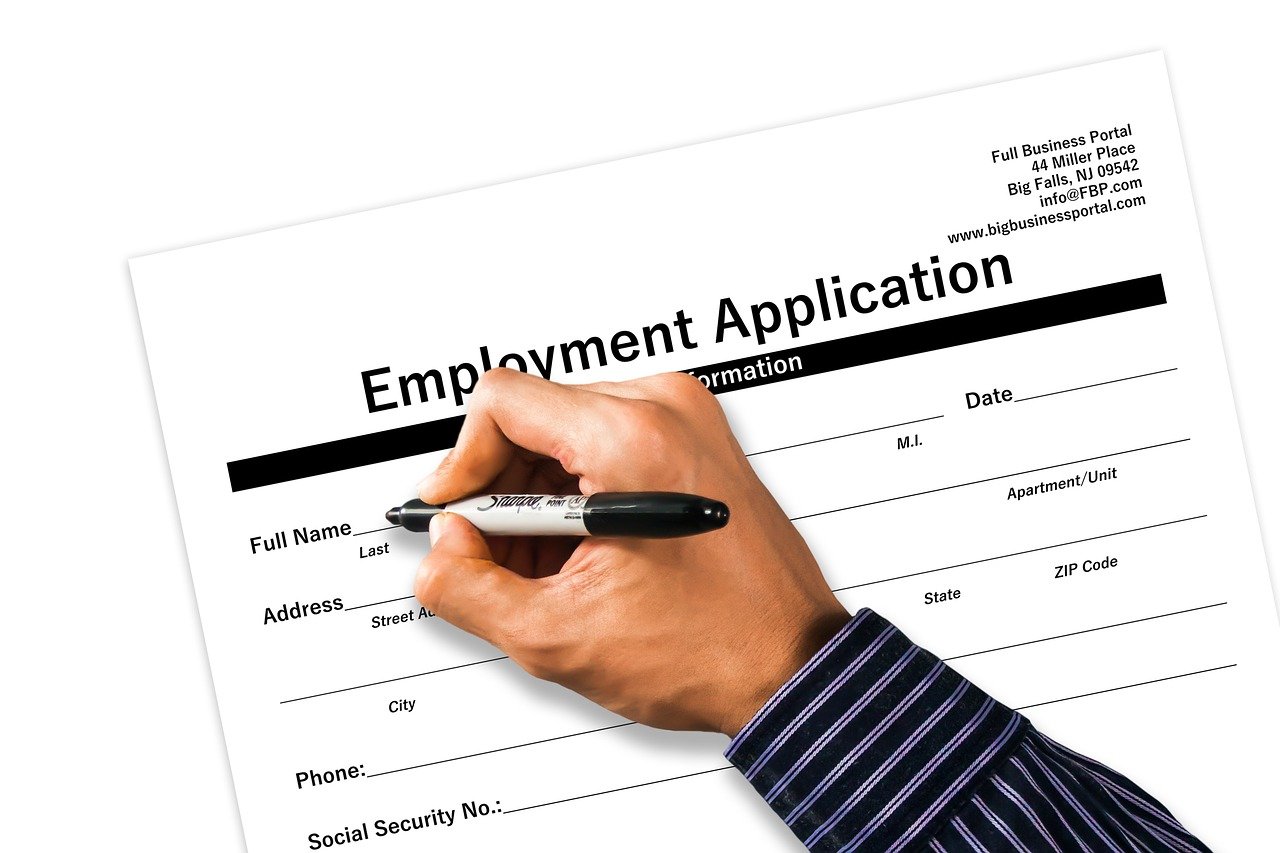USCIS to Publish Temporary Final Rule Proposing to Increase the Automatic Extension of EADs up to 540 days to Reduce Workforce Interruptions
We are pleased to announce that the U.S. Citizenship and Immigration Services (USCIS) will soon publish a new temporary final rule in the federal register aimed at streamlining the processing of renewal applications for Employment Authorization Documents (also known as EADs) and increasing the automatic extension period of EADs.
What does this new rule propose?
The new temporary final rule (TFR) proposes an increase of the automatic extension period of certain employment authorization documents (EADs) from up to 180 days to up to 540 days from the expiration date printed on EADs.
Who will benefit?
This automatic extension will benefit employment-authorized noncitizens to prevent workforce interruption for those that have pending employment authorization renewal applications with USCIS, which were timely and properly filed on or after October 27, 2023.
Additionally, to be eligible for the automatic extension, the EAD renewal application must still be pending with USCIS on the date of the rule’s publication in the Federal Register on April 8, 2024.
It will also benefit any eligible applicant who files a renewal EAD application during the 540-day period beginning on or after April 8, 2024 (the date of the rule’s publication in the Federal Register).
What is the purpose of this new rule?
This temporary final rule was proposed to reduce the backlogs for most EAD categories and ensure applicants remain gainfully employed while their renewal applications are being processed by USCIS.
USCIS Director Ur M. Jaddou said that “Temporarily lengthening the existing automatic extension up to 540 days will avoid lapses in employment authorizations,” and will provide “DHS with an additional window of time to consider long-term solutions” for the maintenance of employment authorization documents for those seeking to renew their work permits.
Without this temporary rule, USCIS estimates that nearly 800,000 EAD renewal applicants would be in danger of facing a lapse in their employment authorization, and approximately 60,000 to 80,000 employers would be negatively impacted as a result of such a lapse.
What other measures has USCIS taken to improve the processing of EAD work permits?
Over the past year, USCIS has taken several measures to combat long EAD processing times and improve the way the agency handles these applications.
Among these measures, the agency has successfully:
- Cut EAD processing times in half for individuals with pending green card applications from FY2021 to date,
- Processed a record number of EAD applications in the past year,,
- Conducted community outreach to educate the public regarding employment authorization eligibility and provided on-the-ground intake support of applications,
- Cut down EAD processing times for asylum applicants and certain parolees to less than or equal to a 30-day median,
- Increased the EAD validity period for certain categories from 2 years to 5 years,
- Improved the EAD application process for refugees, and
- Expanded online filing of EADs to asylum applications and parolees.
To learn more about this temporary final rule, please click here.
Contact Us. If you would like to schedule a consultation, please text 619-569-1768 or call 619-819-9204.
Helpful Links
JOIN OUR NEW FACEBOOK GROUP
Need more immigration updates? We have created a new facebook group to address the impact of the new executive order and other changing developments related to COVID-19. Follow us there.
For other COVID 19 related immigration updates please visit our Immigration and COVID-19 Resource Center here.






